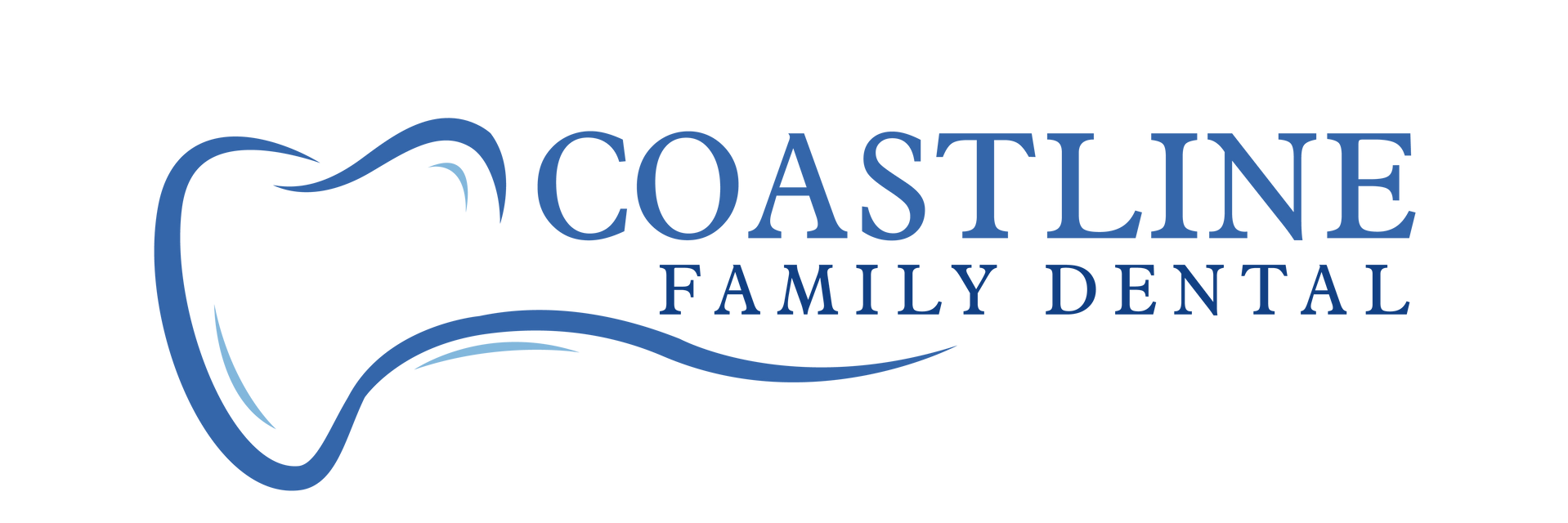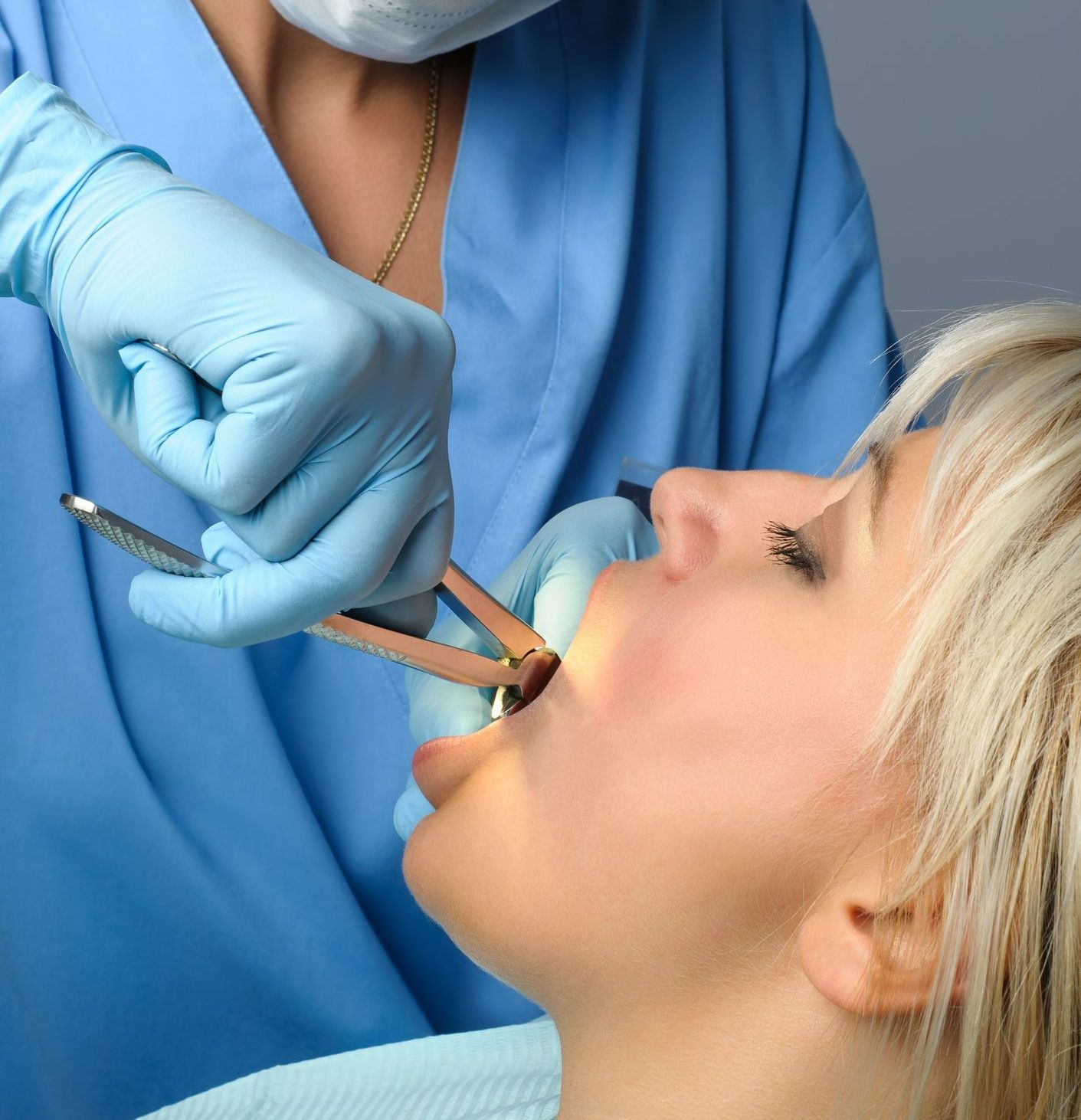TOOTH EXTRACTION
When a tooth is badly damaged or diseased and does not respond to other treatment options, a dental extraction may be required. This procedure involves surgically removing the tooth, but thanks to the modern techniques and equipment we use at Coastline Family Dental, it is a virtually painless process. We perform tooth extractions in Del Ray Beach FL, upon our dentist’s recommendation or patient request. Getting a wisdom tooth extraction is a big decision. Our experienced dentists are dedicated to providing compassionate, pain-free dental care.
A dental bone graft is a surgical procedure that involves adding bone tissue to the jawbone to strengthen it and provide support for dental implants or other types of dental work. This procedure is often recommended for patients who have experienced significant bone loss due to periodontal disease, trauma, or other issues.
The dental bone graft procedure typically involves taking a small amount of bone tissue from another part of the patient's body, such as the hip or chin, or using synthetic bone material. The bone tissue is then placed in the area where the jawbone has experienced the most significant loss. The area is then covered with a special membrane to help promote healing and regeneration.
Over time, the added bone tissue fuses with the existing jawbone, creating a stronger, more stable base for dental work. This can help to improve the success rate of dental implants, as well as provide additional support for dentures or other dental appliances.
In addition to providing support for dental work, a dental bone graft can also have long-term benefits for a patient's dental health. By strengthening the jawbone, a bone graft can help to prevent further bone loss and gum recession, which can be a common issue for patients with advanced periodontal disease. This can ultimately help to improve the overall health and stability of the patient's teeth and gums.
If you are experiencing significant bone loss in your jaw or have been recommended for dental implants or other types of dental work, a dental bone graft may be a viable option for you. Be sure to talk to your dentist or oral surgeon about the benefits and risks of the procedure, as well as any alternative options that may be available.
Don't let dental issues impact your quality of life. Talk to your dental professional today to learn more about dental bone grafts and how they can benefit your long-term dental health.










